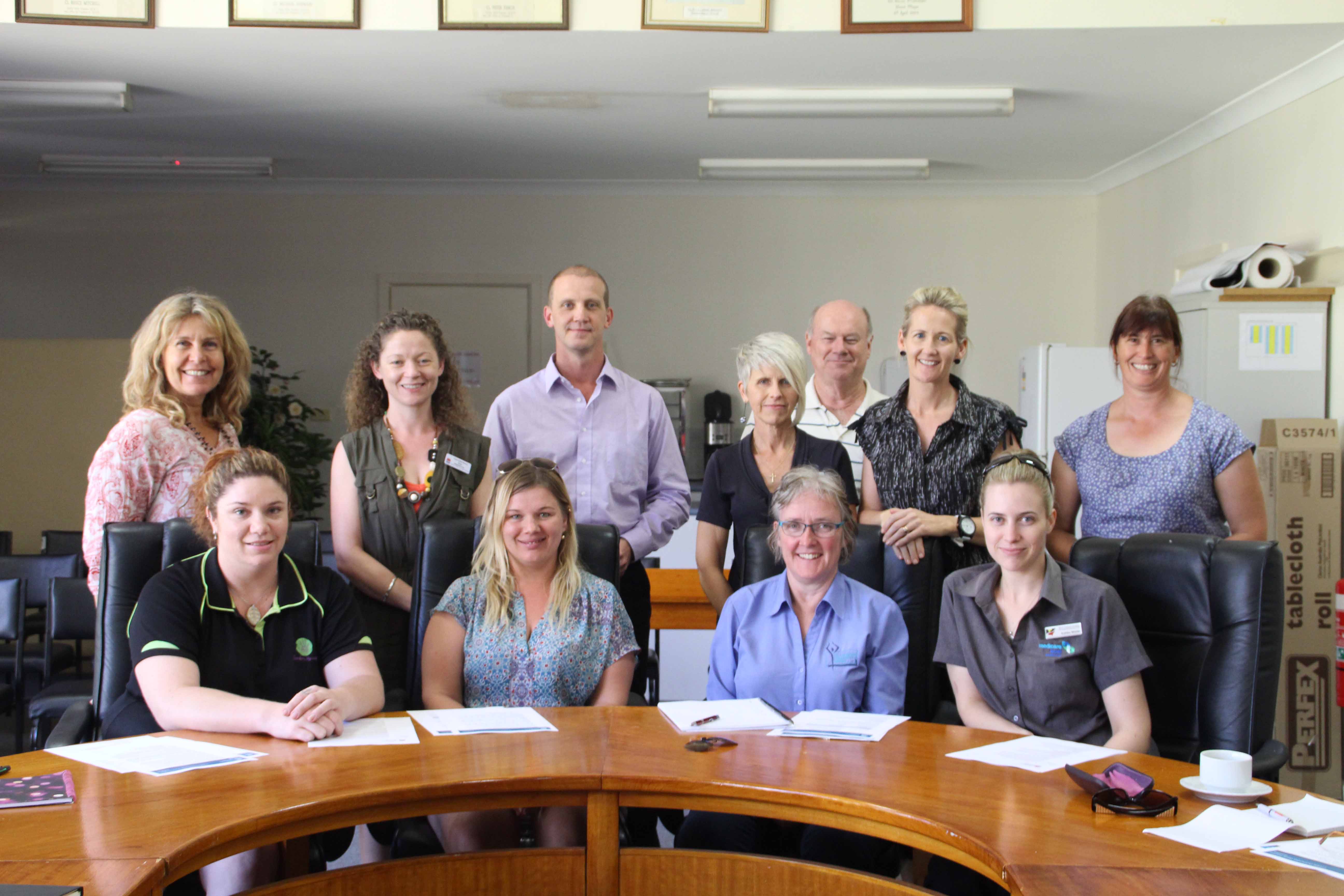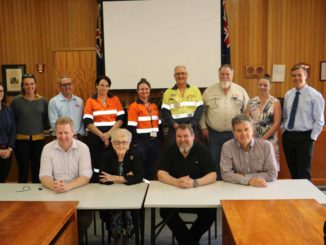Cobar Shire Council has petitioned the NSW Government to toughen laws to make it illegal to produce, possess, use or sell all derivatives of synthetic cannabis.
Synthetic cannabis, (commonly known as Kronic, Spice, Northern Lights, K2), is reportedly being used more frequently in Cobar along with ‘ice’ and other illicit drugs.
“The community of Cobar is becoming increasingly aware of the ability of members of the community to obtain and use synthetic cannabis and that it is not illegal to do so,” Cobar Shire Council general manager Gary Woodman said.
“The use of the substance is becoming a real concern to the police and is affecting users and their families negatively like all drugs of this nature.”
According to the Australian Drug Foundation Kronic, a mix of leafy green herbs and chemicals, is a synthetic THC (Tetrahydro-cannabinol) product and conveys similar properties as THC.
While its effects include relaxation and euphoria (a “high), it can also cause paranoia, anxiety, delusions, severe hallucinations, psychosis and panic attacks.
The ADF warns that the drug can be much stronger than regular cannabis.
ADF information suggests that synthetic cannabis is likely to be more dangerous when taken in combination with alcohol or other drugs; when driving or operating heavy machinery; when judgement or motor coordination is required; or when taken alone (in case medical assistance is required).
Darling River Local Area Command Police Inspector Brenton Lee supports council’s petition to the State Government calling for synthetic drugs to be made illegal.
“It’s the serious consequences and the long term effects of these drugs that far outweigh the short term results,” Inspector Lee said.
He said illicit drugs and alcohol are common factors in a number of local police matters including domestic arguments, assault and crime.
“Drugs can cause massive divisions in families.”
He said it’s families who are affected most by the downhill descent of a drug user.
A spokesperson from Western NSW Local Health Service (LHS) reports that Cobar Hospital has recorded a number of presentations recently by people who have self-admitted to taking drugs.
“In October 2013, the Drugs and Poisons Legislation Amendment (New Psychoactive and Other Substances) Act 2013 commenced, making the supply, manufacture or advertisement of any psychoactive substance (subject to appropriate exemptions) prohibited in NSW.”
The spokesperson said in addition the use and possession of a large number of specific new psychoactive substances is now prohibited in NSW.
“Mental Health Drug and Alcohol (MHDA) provide a number of services to the community of Cobar, including a MHDA clinician visiting two days per week,” the spokesperson said.
“The clinician sees both mental health and drug and alcohol clients and if necessary refers drug and alcohol clients to other services as appropriate.”
Community members seeking help can contact the Drug and Alcohol Helpline or the Mental Health Help Line.
Western NSW LHS advises a range of terms have been used to describe the new psychoactive substances (NPS), including new and emerging drugs (NEDs), synthetics, legal highs, herbal highs, party pills, herbal ecstasy, bath salts, drug analogues and synthetic cannabis.
“The laws surrounding NPS are complex, constantly changing and differ between states/territories, but in general they are increasingly becoming stronger,” the spokesperson said.
Cobar Shire Council has written to the Attorney General, NSW Premier, NSW Deputy Premier, Local Member Kevin Humphries and Parliamentary Secretary for Regional and Rural Health and Western NSW Sarah Mitchell MLC requesting that the government take urgent action about synthetic drugs.
Mines are testing for synthetic drugs
The use of synthetic cannabis is wide spread and has been the “drug of choice” in many mining communities as it previously did not show up in on-site drug tests.
Two of Cobar’s major mines, CSA and Peak, both report they now test for synthetic drugs.
CSA Mine’s health, safety, environment and training manager Tanya Gilbert said testing for synthetic cannabis is very expensive and not always effective, as there are many “versions” of the drug.
“The drug dealers are usually ahead of the drug detection manufacturers and so are constantly changing the chemical make-up of the drug to keep it ahead of the testers and undetectable,” Mrs Gilbert said.
She said the mine is working with suppliers to look at what else they can do to protect their staff.
“We are always trying to push the message that this is a big issue for everyone – even if you personally don’t take drugs, or think you are not affected – you are!” Mrs Gilbert said.
“You share the roads with them.
“You work alongside them on machinery etc.
“They might be your kids, your neighbours.
“It is rife in our community and therefore we are all at risk of exposure.
“It won’t be the idiot who took something for fun that gets killed at work or on the roads – it will be the innocent workmate or family travelling in the other direction or in the vicinity,” she said.
Mrs Gilbert said the other message they place importance on at the mine is the fatigue that is created on the days after taking drugs.
“Yes, it might be out of their system, but while their body is recovering it is just as dangerous as being under the influence at work itself and therefore at risk of impaired decision making on the job.
“Instead of resting on their down time off work, they are off their head and partying, and therefore coming to work exhausted and unhealthy (physically and mentally).”
Mrs Gilbert said the same also applies to alcohol.
Peak Gold Mines general manager Greg Bowkett said the mine takes drug use in the workplace very seriously.
“Our drug and alcohol policy takes into consideration a wide range of substances including synthetic cannabis.
“The safety of our people is imperative,” Mr Bowkett said.
Endeavor Mine was invited to comment on their drug testing policies with regards to synthetic drugs for this article however declined.


